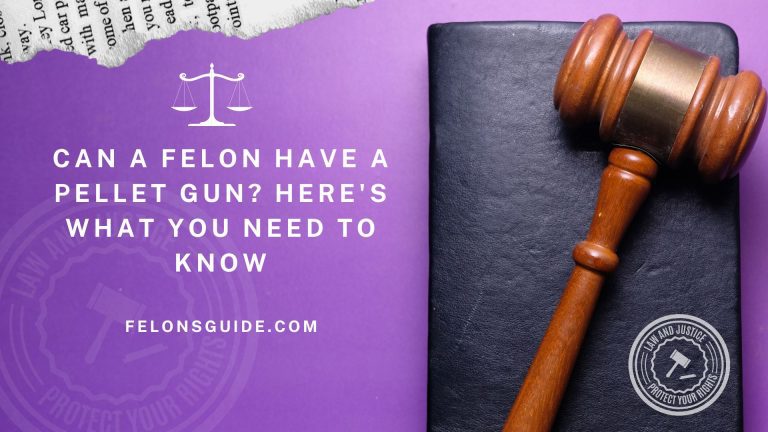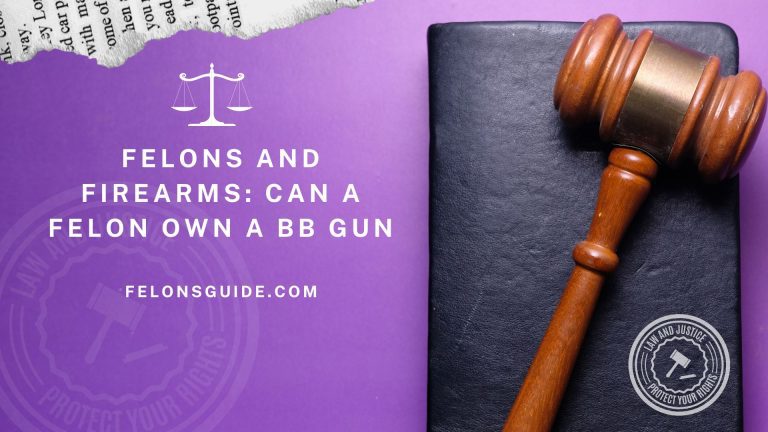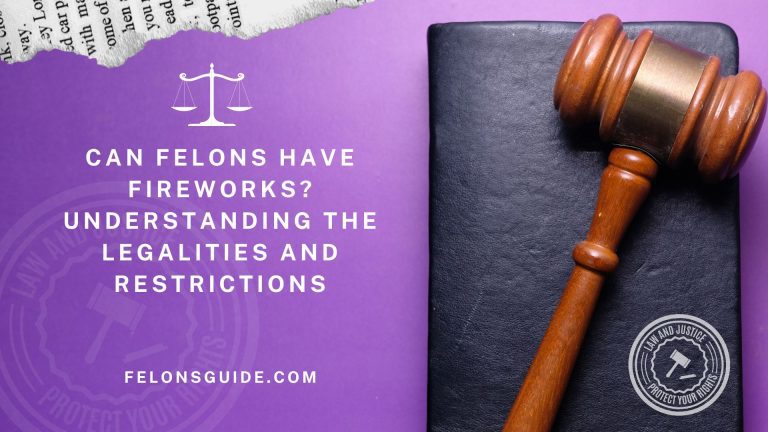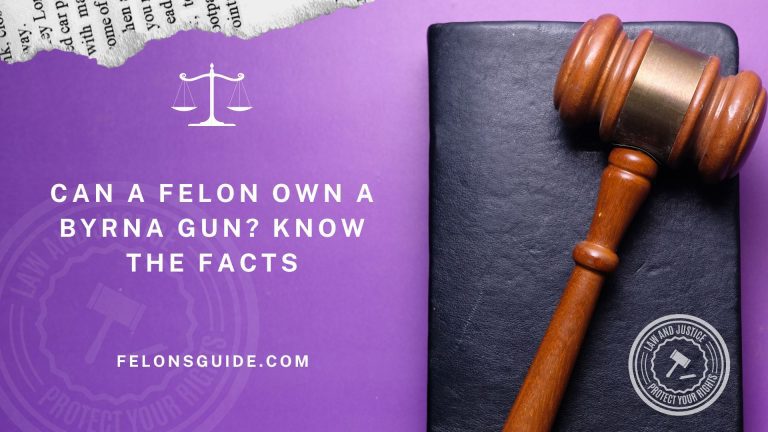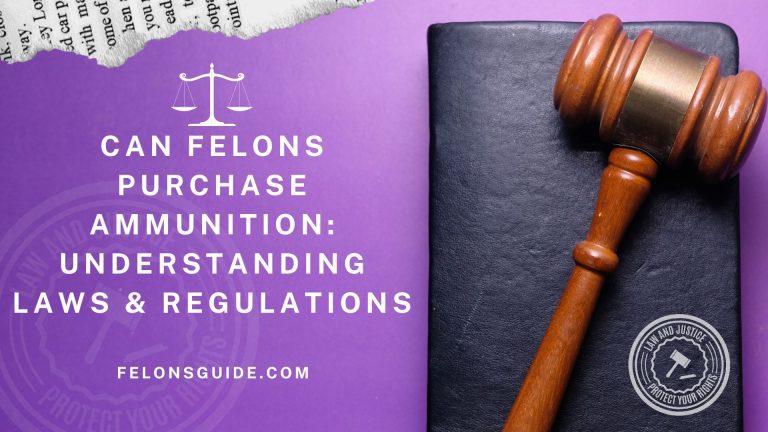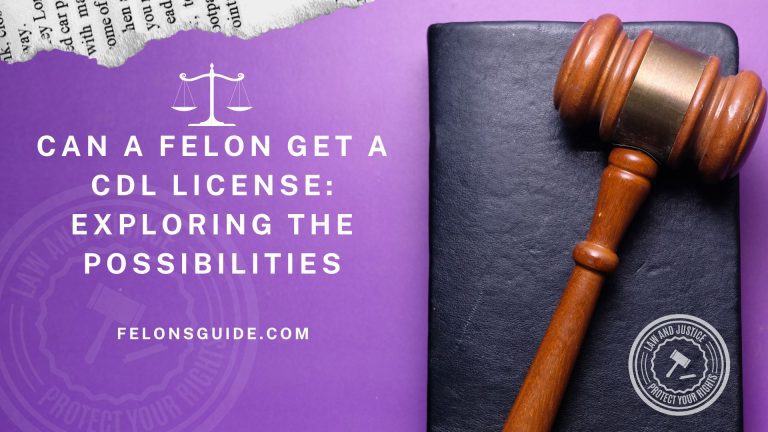Can a Convicted felon be a Confidential Informant?
The role of a confidential informant is crucial in law enforcement. These individuals provide information to help authorities solve crimes, catch criminals, and prevent illegal activities. But what happens when a convicted felon becomes a confidential informant? Can they still perform this role? In this article, we shall endeavor to unravel the enigma surrounding the interrelation between an individual who has been pronounced guilty of a felony and their capacity to act as a covert source of information, commonly known as a confidential informant. Furthermore, we shall furnish you with a comprehensive understanding of this subject matter.
Can a Convicted Felon be a Confidential Informant? Exploring the Possibilities
In reference to covert sources of information, there are several factors to take into account when determining whether an ex-convict is eligible for the role. Here are a few considerations:
Qualifications for Confidential Informant Status
In order to qualify for the position of the confidential informant, an individual must meet a set of specific requirements. These requirements include possessing access to data that can be of benefit to law enforcement, exhibiting a willingness to collaborate with officials, and maintaining a commendable reputation among members of the society. While a criminal record may not entirely disqualify a candidate from serving as a confidential informant, it can certainly present obstacles in the path to obtaining the position.
The Nature of the Felony Conviction
The nature of the felony conviction is an essential factor to consider. Some felony convictions can disqualify an individual from becoming a confidential informant. In the event that an individual has been found guilty of a drug-related transgression, they may not qualify for participation as a confidential informant in a drug investigation. Correspondingly, if an individual has been convicted of an offense involving dishonesty or fraudulence, their eligibility for participation as a confidential informant in a case concerning those specific offenses may be revoked.
Cooperation with Law Enforcement
An individual’s proclivity to comply with law enforcement is an exceedingly critical element to ponder. Although a conviction for a felony does not necessarily disqualify someone from acting as a confidential informant, an unwillingness to cooperate with the authorities will almost certainly do so. An individual who has previously declined to cooperate with law enforcement is unlikely to be regarded as a trustworthy confidential informant.
The Severity of the Felony Conviction
The evaluation of the gravity of the criminal conviction is an indispensable element to ponder. Those persons who have been found guilty of violent offenses or those who present a significant hazard to the safety and well-being of the public may be disqualified from serving as confidential informants.
Also Read: Can a Felon Have a Pellet Gun? Here’s What You Need to Know
FAQs
Q: Can a convicted felon be a confidential informant for any type of crime?
A: No. The determination of an individual’s qualification as a confidential informant depends on the nature of their felony conviction. If the individual has been convicted for a drug-related offense, they may be disqualified from participating as a confidential informant in a drug investigation, for instance.
Q: What are the requirements to become a confidential informant?
A: To attain the status of a trusted informant, one must possess the means to procure pertinent data for law enforcement, exhibit a cooperative demeanor towards the authorities, and enjoy a favorable standing among the populace. Such a privilege is not bestowed upon just anyone, as it necessitates a certain level of aptitude, integrity, and standing within the community. Those who aspire to this position must be keenly aware of the gravity of their role, as their actions could have significant implications for law enforcement efforts and the safety of their fellow citizens. Thus, only those who possess the requisite traits and abilities need apply.
Q: Will a felony conviction automatically disqualify an individual from becoming a confidential informant?
A: No. While a felony conviction can make it more difficult to become a confidential informant, it does not necessarily disqualify an individual from performing this role.
Conclusion:
Can a convicted felon be a confidential informant? The answer is not a straightforward yes or no. Convicted felons may be able to serve as confidential informants for law enforcement agencies, depending on various factors such as the nature and severity of the crime they were convicted for, as well as their willingness to cooperate with authorities. By providing valuable information, these informants can aid in the resolution of criminal activities and the prevention of further illegal actions.
